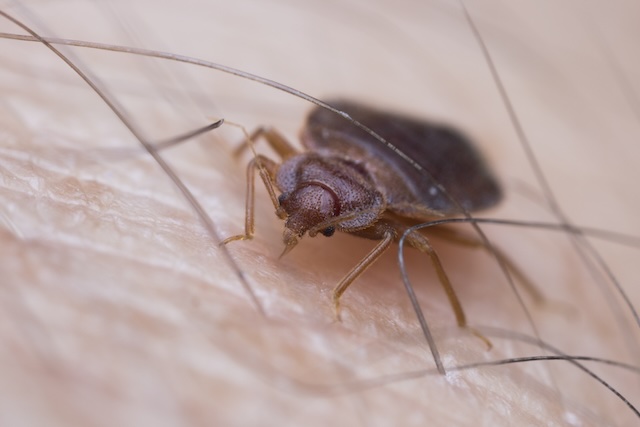Timelines: Figuring Out How Long It Takes for Bed Bug Treatments to Work
When people have a bed bug problem, they need to know right away: How long will it take for the treatments to work? The amount of time it takes for bed bug treatments to work depends on a lot of different factors, all of which are very important to the overall success of the process.
Treatment Methodology: The time it takes to get rid of bed bugs depends a lot on the treatment method you choose. Different ways, like using chemicals, heat treatments, or freezing, take different amounts of time to work. It could take a few weeks for chemical treatments to work, but heat treatments usually do the trick faster.
**2. Severity of the infection: The length of time it takes to get rid of bed bugs is directly related to how bad the infection is. A less serious infestation might get better faster after treatment than a more severe one. In severe cases, more than one treatment may be needed, which will make the total time frame longer.
Stages of a Bed Bug’s Life: Bed bugs have different stages of their lives, such as eggs, nymphs, and adults. There may be treatments that work better at certain times. How well the chosen method kills bed bugs at different times of their lives can affect how long the treatment takes.
4. Consistency in Treatment: It is very important to be consistent with therapy. Whether you hire a professional pest control service or do it yourself, sticking to a regular treatment plan increases the chances of success. Infestations can last for a long time if treatment is interrupted or falls behind.
5. The type of treatment products used: The length of time that the treatment works depends on the products that are used. Some poisons keep working for a long time, protecting against bed bugs even after they’ve been used up. Some may have a small window of time when they work.
6. Measures to stop reinfestation: Taking preventative steps along with treatments is very important for long-term success. This means fixing any cracks, cleaning the beds often, and getting rid of extra stuff. Taking these kinds of precautions helps keep the area free of bed bugs after the first treatment.
Specific Types of Bed Bugs: Treatments may work differently on different types of bed bugs. Knowing the exact type of bed bug that is infesting a home can help make treatments more effective.
**8. Home Environment: Things like weather and humidity in the home can affect how well some treatments work. To give you an idea, heat treatments might work better in some settings.
**9. Follow-Up Inspections: Inspections that happen after treatment are very important for figuring out how well the solution worked. If later checks find that bed bugs are still there, more treatments may be needed to make sure they are gone for good.
Ten. Be patient and persistent. Being patient is very important when treating bed bugs. When you want results right away, you might get frustrated. Patients must be determined to stick with their treatment plan and have realistic goals in order for the treatment to work.
In conclusion, the amount of time it takes for bed bug medicines to work changes depending on a number of factors. Some ways may work quickly, while others need to be done over a longer period of time. Homeowners who have bug problems should work closely with professionals to come up with a plan that works for their specific infestation. Being patient, persistent, and having a well-thought-out plan are all important for getting rid of bed bugs.
